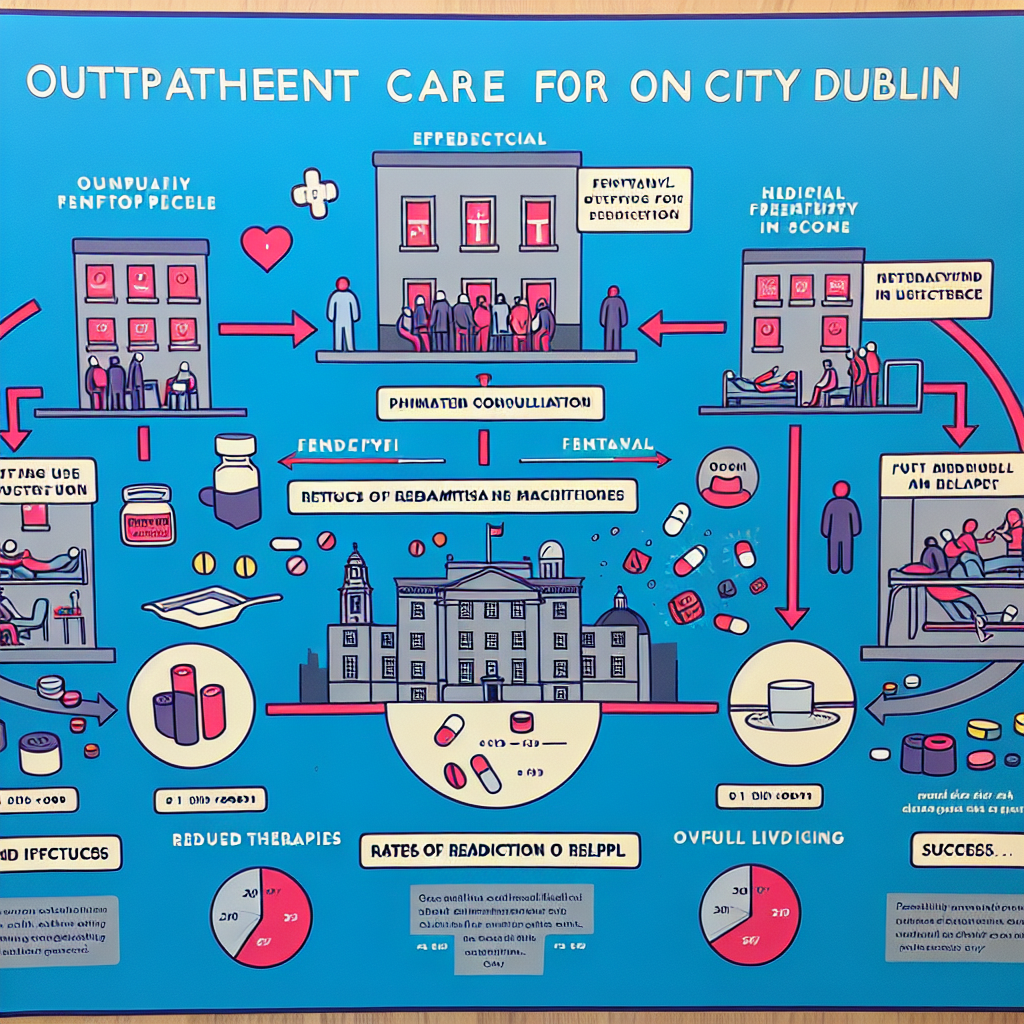-
Table of Contents

“Strength in Unity: Overcoming Fentanyl Addiction with Family Support”
Introduction
The Benefits of Family Support in Fentanyl Addiction Recovery
Fentanyl addiction is a severe and life-threatening condition that requires comprehensive treatment and support. One of the most critical elements in the recovery process is the involvement and support of family members. Family support can significantly enhance the effectiveness of treatment, provide emotional stability, and foster a nurturing environment conducive to long-term recovery. By understanding the multifaceted benefits of family involvement, individuals struggling with fentanyl addiction can leverage this support system to overcome challenges and achieve sustained sobriety. This introduction explores the pivotal role that family support plays in the journey toward recovery from fentanyl addiction, highlighting its impact on treatment outcomes, emotional well-being, and relapse prevention.
How Family Support Enhances Fentanyl Addiction Recovery Outcomes
Family support plays a crucial role in enhancing fentanyl addiction recovery outcomes, offering a foundation of emotional stability, practical assistance, and unwavering encouragement. The journey to recovery from fentanyl addiction is fraught with challenges, and having a supportive family can make a significant difference in navigating these obstacles. One of the primary ways family support aids in recovery is by providing a sense of belonging and emotional security. When individuals feel loved and understood by their family members, they are more likely to stay committed to their recovery goals. This emotional backing can help mitigate feelings of isolation and despair, which are common during the recovery process.
Moreover, family members can offer practical support that is invaluable during recovery. This can include helping with daily responsibilities, such as childcare, household chores, or transportation to and from treatment sessions. By alleviating some of these burdens, family members enable the individual in recovery to focus more fully on their treatment and self-care. Additionally, families can play a pivotal role in monitoring the progress of their loved one, ensuring that they adhere to their treatment plan and attend necessary appointments. This level of involvement can significantly reduce the risk of relapse, as it provides an added layer of accountability.
Furthermore, family support can enhance the effectiveness of therapeutic interventions. Many treatment programs incorporate family therapy as a component of the recovery process, recognizing that addiction often affects the entire family unit. Through family therapy, members can learn about the nature of addiction, develop healthier communication patterns, and address any underlying issues that may have contributed to the addiction. This collaborative approach fosters a more supportive and understanding environment, which is conducive to long-term recovery.
In addition to emotional and practical support, families can also serve as a source of motivation and inspiration. Witnessing the dedication and resilience of family members can inspire individuals in recovery to persevere through difficult times. Celebrating milestones and progress together can reinforce the individual’s sense of achievement and boost their confidence. This positive reinforcement is essential in maintaining motivation and fostering a sense of hope for the future.
It is also important to acknowledge that family members themselves may need support during this process. The stress and emotional toll of supporting a loved one through addiction recovery can be significant. Therefore, accessing resources such as support groups for families of individuals with addiction can be beneficial. These groups provide a space for family members to share their experiences, gain insights, and receive emotional support from others who understand their struggles. By taking care of their own well-being, family members are better equipped to provide the sustained support that their loved one needs.
In conclusion, the benefits of family support in fentanyl addiction recovery are multifaceted and profound. From providing emotional stability and practical assistance to enhancing therapeutic interventions and serving as a source of motivation, family involvement is integral to successful recovery outcomes. By fostering a supportive and understanding environment, families can help their loved ones navigate the challenges of addiction recovery and build a foundation for a healthier, more fulfilling future. The journey may be arduous, but with the steadfast support of family, individuals in recovery can find the strength and resilience to overcome addiction and reclaim their lives.
The Role of Family in Sustaining Long-Term Recovery from Fentanyl Addiction
Family support plays a crucial role in sustaining long-term recovery from fentanyl addiction, offering a foundation of emotional stability, practical assistance, and unwavering encouragement. The journey to overcoming addiction is fraught with challenges, and having a supportive family can make a significant difference in navigating these obstacles. One of the primary ways family support aids in recovery is by providing a sense of belonging and acceptance. Individuals struggling with addiction often feel isolated and misunderstood, but knowing that their family stands by them can foster a sense of hope and motivation. This emotional backing can be a powerful antidote to the feelings of despair that frequently accompany addiction.
Moreover, family members can offer practical support that is essential for recovery. This can include helping to manage daily responsibilities, such as childcare, household chores, or financial matters, which can become overwhelming for someone in recovery. By alleviating these burdens, the individual can focus more on their treatment and personal growth. Additionally, families can assist in coordinating medical appointments, therapy sessions, and support group meetings, ensuring that the individual remains engaged in their recovery process. This logistical support can be particularly beneficial during the early stages of recovery when the risk of relapse is highest.
Furthermore, family involvement in the recovery process can enhance the effectiveness of treatment programs. Many rehabilitation centers and therapy programs encourage family participation through family therapy sessions and educational workshops. These initiatives help family members understand the complexities of addiction, learn effective communication strategies, and develop coping mechanisms to support their loved one. By fostering a collaborative approach to recovery, these programs can strengthen familial bonds and create a more supportive home environment.
In addition to emotional and practical support, families can also serve as a source of accountability. Recovery from fentanyl addiction requires a long-term commitment to sobriety, and having family members who are invested in this journey can help individuals stay on track. Regular check-ins, open communication, and setting clear expectations can create a sense of responsibility and encourage individuals to adhere to their recovery plan. This accountability can be a critical factor in preventing relapse and promoting sustained recovery.
However, it is important to acknowledge that family support is not without its challenges. Addiction can strain relationships, and family members may experience feelings of anger, frustration, or helplessness. It is essential for families to seek their own support, whether through counseling, support groups, or educational resources, to navigate these emotions and maintain their well-being. By taking care of themselves, family members can be more effective in supporting their loved one’s recovery.
Ultimately, the role of family in sustaining long-term recovery from fentanyl addiction cannot be overstated. The combination of emotional support, practical assistance, enhanced treatment effectiveness, and accountability creates a robust framework that can significantly improve the chances of successful recovery. While the journey may be challenging, the collective strength and resilience of a supportive family can inspire hope and facilitate lasting change. By standing together, families can help their loved ones overcome addiction and build a healthier, more fulfilling future.
Q&A
1. **Question:** How does family support impact the emotional well-being of individuals recovering from fentanyl addiction?
**Answer:** Family support provides emotional stability, reduces feelings of isolation, and enhances motivation, which are crucial for the emotional well-being of individuals recovering from fentanyl addiction.
2. **Question:** In what ways can family involvement improve the effectiveness of treatment programs for fentanyl addiction?
**Answer:** Family involvement can improve the effectiveness of treatment programs by encouraging adherence to treatment plans, providing a supportive environment for recovery, and helping to identify and address potential triggers or stressors that may lead to relapse.
Conclusion
Family support plays a crucial role in fentanyl addiction recovery by providing emotional stability, enhancing motivation, and fostering a sense of accountability. It helps create a supportive environment that encourages adherence to treatment plans and reduces the likelihood of relapse. Additionally, family involvement can improve communication and rebuild trust, which are essential for long-term recovery. Overall, the presence of a supportive family network significantly increases the chances of successful recovery from fentanyl addiction.



